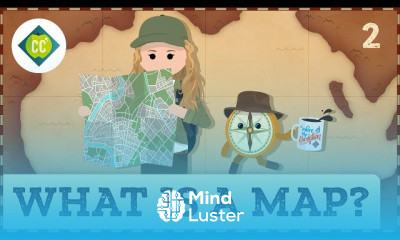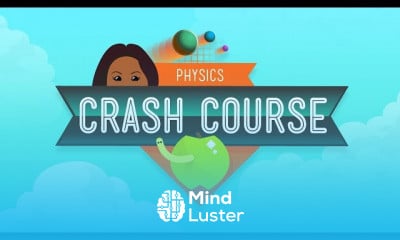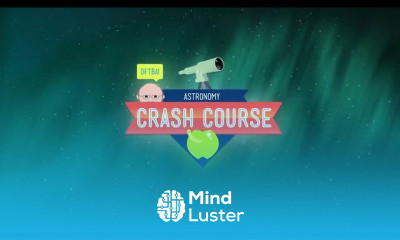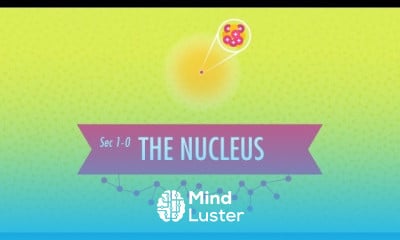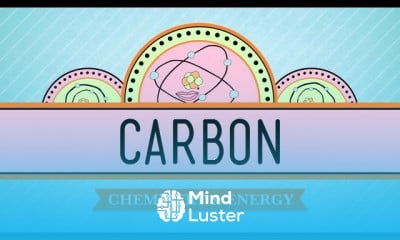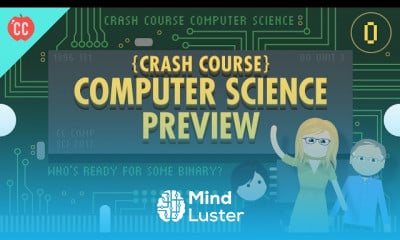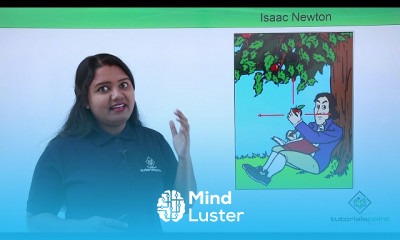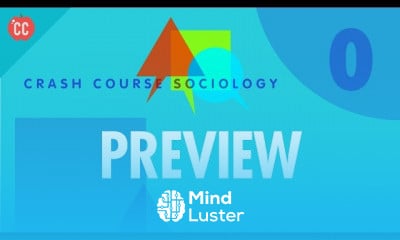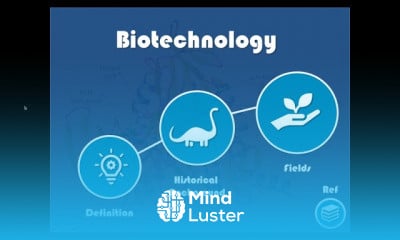Spectra Interference Crash Course Physics 40
Share your inquiries now with community members
Click Here
Sign up Now
Lessons List | 47
Lesson
Show More
Lessons
Comments
Related Courses in Science
Course Description
Mechanics. Motion and its causes; interactions between objects.
Thermodynamics. Heat and temperature.
Vibrations and Waves Phenomena. Specific types of repetitive motions- springs, pendulums, sound.
Optics. Light (including mirrors), lenses, colors.
Electromagnetism. ...
Relativity. ... 1 Classical mechanics.
2 Thermodynamics and statistical mechanics.
3 Electromagnetism and photonics.
4 Relativistic mechanics.
5 Quantum mechanics, atomic physics, and molecular physics.
6 Optics.
7 Condensed matter physics.
8 High-energy particle physics and nuclear physics. What is basic of physics?
Physics is a natural science that involves the study of matter and its motion through space and time, along with related concepts such as energy and force. Matter is generally considered to be anything that has mass and volume. ... These laws of nature are rules that all natural processes appear to follow. What are the 4 basic laws of physics?
The 4 most fundamental physics concepts
Classical mechanics (the laws of motion) If you've studied any sort of science, you've probably heard the story of Isaac Newton sitting under an apple tree and formulating the basic laws of motion. ...
Electromagnetism. ...
Relativity. ...
Thermodynamics. What are the 2 types of physics?
There are Two Main Branches of Physics, Classical Physics and Modern Physics Who named physics?
He wrote the first work which refers to that line of study as "Physics" – in the 4th century BCE, Aristotle founded the system known as Aristotelian physics. He attempted to explain ideas such as motion (and gravity) with the theory of four elements. What is the hardest branch of physics?
Top Ten Hardest Physics Topics
Quantum Mechanics. I love physics but to say some of it's laws are just too much hard. ...
Electromagnetism. ...
Projectile Motion. ...
String Theory. ...
Electronics. ...
General Relativity. ...
Relative Velocity. ...
Radiation. Can I study physics on my own?
You should really work out problems on your own. If you just watch videos online or read book chapters, you might be convinced that you understand the physics but from my experience it's a wrong feeling. Doing problem sets is the best (and only) way to really master the subject.
Trends
Artificial intelligence essentials
Unity Virtual Reality
Modeling a simple house in Revit
Building foundation construction fundamentals
Computer Vision with Python and OpenCV
PySpark for Beginners
Autodesk 3DS Max L essentiel
The EFFECTS of APERTURE
Networking fundamentals for beginners
Unity 5 x Game Development
3Ds MAX for Beginners
Graphics card repair techniques
ISTQB automotive software tester 2024
Web Development For Beginners
Digital marketing career for beginners
Machine Learning Algorithms in Python
Fundamentals of Accounting
Spanish Lessons for Beginner Learners
CompTIA network certification exam Prep
SAT Math Science
Recent
Bioinformatics basics
Bioinformatics databases
Vitamin A to Z tablets
Best zoology books
Best cream for piles pain
Laser surgery for piles
Best cream for piles
Anal fissure treatment
Best antibiotics for diseases
Antibodies structure
Macrophage structure
Drosophila genetics
Diagnostic tests
Bioinformatics
Genetics
Gene therapy
Kidney structure
DNA replication and types
Bacterial cell structure
Parasite structure




